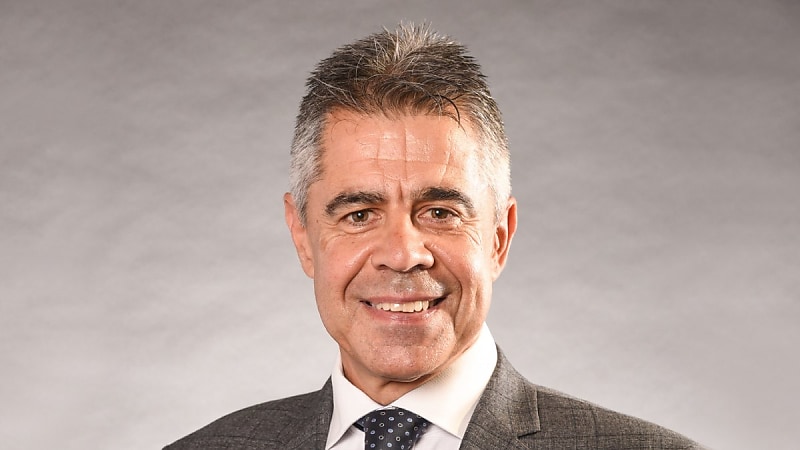SMSFA joins calls for CSLR cost to be spread through financial sector
The SMSFA has joined other industry bodies in calling for the cost of the CSLR levy to be spread across all sub-sectors of AFCA.
In its submission to the Treasury consultation on the Compensation Scheme of Last Resort, the SMSF Association said the most efficient and equitable way to fund the special levy needed to meet the shortfall in consumers’ unpaid compensation claims is to spread it across all AFCA subsectors based on their capacity to pay.
Peter Burgess, chief executive of the SMSFA, said while the estimated $47 million shortfall for 2025–26 is attributed to the financial advice sub-sector, AFS licensees who are AFCA members are not responsible for this significant and concerning shortfall in potential unpaid compensation claims.
“There is no element of the current CSLR’s industry funding model that is predicated on direct industry culpability for instances or classes of misconduct,” Burgess said.
“In these circumstances, we believe the most effective way to quickly compensate eligible claimants is to spread the cost of the special levy across all sub-sectors.”
Burgess continued that, taken at face value, it may seem inequitable for a subsector to fund unpaid claims for another subsector.
“But the reality is that the current CSLR model is not equitable – each sub-sector is mandated to fund compensation for the misconduct and deliberate negligence of their peers over which they have no control nor influence.”
In its submission, the Financial Advice Association Australia said the extra charge on advisers was practically a death sentence for the profession.
"The CSLR structure is fundamentally flawed, and delaying compensation is no solution," chief executive Sarah Abood said.
“We have proposed that the amount above the $20 million sector cap for financial advice – $47.3 million for this year – be allocated to the broadest possible range of sectors, on the basis of capacity to pay. If the levy is spread as broadly as possible, it is likely to be more sustainable and pose less risk of threatening the viability of any one sector.”
The Stockbrokers and Investment Advisers Association also called for the personal financial adviser sub-sector to be excised from the levy to account for the fact that the entities in this sub-sector are already required to pay a $20 million levy.
“Many licensees in this sub-sector will also be impacted by a special levy imposed on all retail-facing sub-sectors as they fall within other sub-sectors such as corporate advisers, securities dealers and managed discretionary account providers,” it said.
Burgess added that the federal government should share part of the responsibility, as it is the only stakeholder that has the power to enact and affect the regulatory settings that participants must operate within.
“Given this, we believe the government should also be responsible for funding part of the special levy,” he said.
“While the need for a special levy was considered in the design of the CLSR as a key funding mechanism for a ‘black swan’ event following a large failure, it was not designed to fund the flock of black swans that we have experienced and appear to continue to experience in recent times.”
Burgess concluded that the association strongly supported the CSLR’s objective of giving consumers access to financial compensation where they suffered a financial loss from poor or negligent financial advice.
“Consumers should have trust and confidence that awarded compensation claims will be paid, and in a timely manner, making it imperative that the right mechanism is chosen to meet the funding shortfall,” he said.


